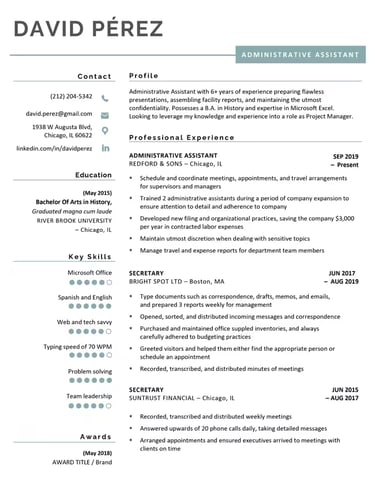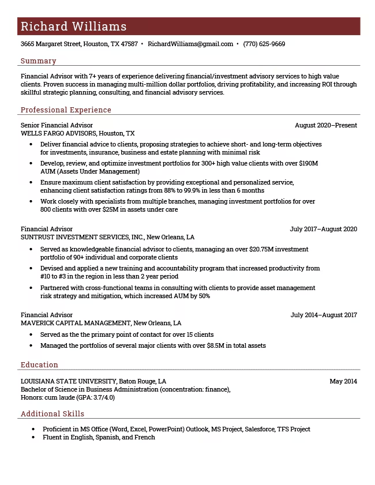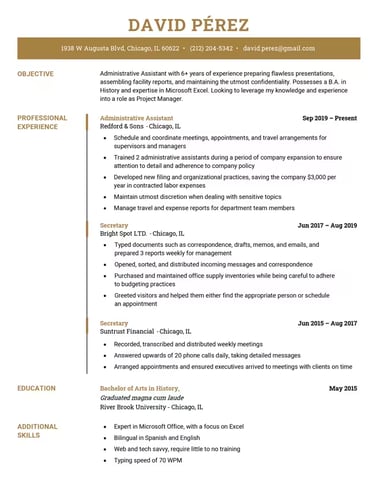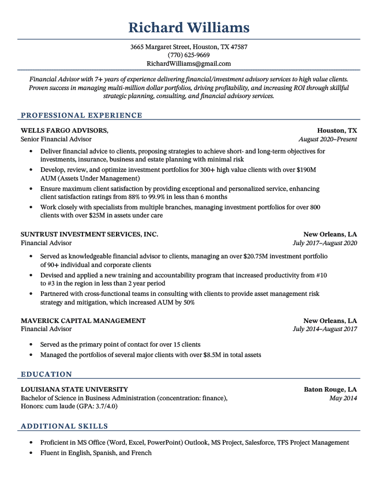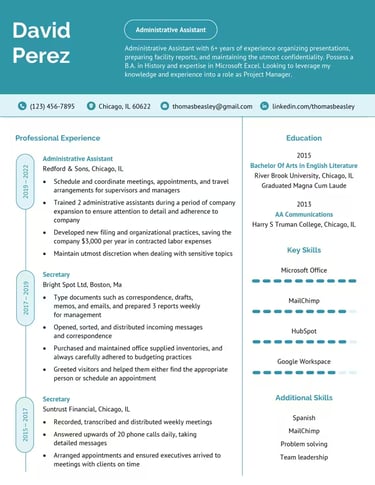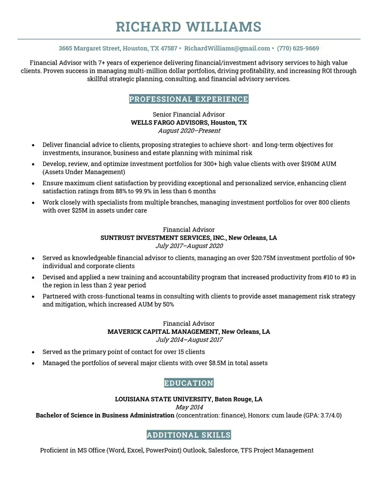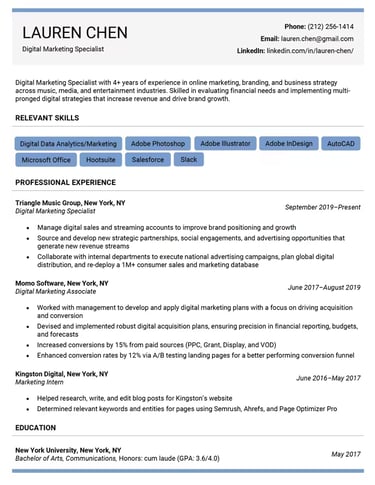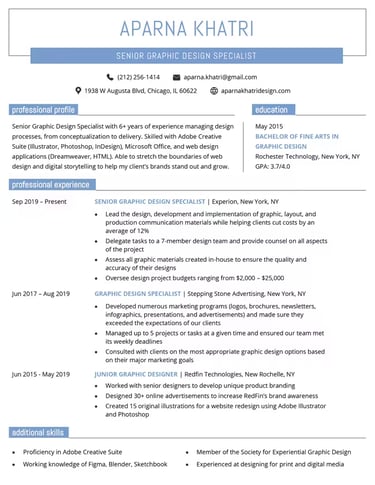How to Quit a Job You Just Started — Without Burning Professional Bridges
Resigning from a position you've just begun can be daunting, but with careful planning and professionalism, it's possible to make a graceful exit without damaging your professional relationships.
Akshata Bhat
3/9/20254 min read


Starting a new job is often accompanied by excitement and anticipation. However, there are instances where the role may not align with your expectations or unforeseen circumstances arise, prompting you to consider leaving shortly after joining. Resigning from a position you've just begun can be daunting, but with careful planning and professionalism, it's possible to make a graceful exit without damaging your professional relationships.
1. Reflect on Your Decision
Before making any moves, take time to assess your reasons for wanting to leave. Are the challenges you're facing temporary, or do they indicate a deeper misalignment with your career goals? Engaging in self-reflection or discussing your concerns with trusted mentors can provide clarity and ensure that your decision is well-founded.
2. Review Your Employment Agreement
Examine your employment contract to understand any obligations, such as notice periods or non-compete clauses. Being informed about these details ensures that you comply with contractual terms, which is crucial for maintaining professionalism during your departure.
3. Plan Your Financial Transition
Ensure that you have a financial safety net in place before resigning. Ideally, securing another job offer beforehand can alleviate financial stress and provide a smoother transition.
4. Schedule a Face-to-Face Resignation Meeting
When possible, resigning in person is considered respectful and allows for open communication. Request a private meeting with your immediate supervisor to discuss your decision, ensuring that they hear it directly from you. If an in-person meeting isn't feasible, opt for a video call to maintain a personal touch.
5. Communicate Transparently and Professionally
During your resignation meeting, be honest yet tactful about your reasons for leaving. Focus on how the decision aligns with your career aspirations rather than dwelling on negative aspects of the job. This approach demonstrates maturity and foresight.
6. Provide Adequate Notice
Adhere to the notice period stipulated in your contract, typically two weeks. Offering sufficient notice shows consideration for your employer and provides them with time to plan for your departure.
7. Submit a Formal Resignation Letter
Follow up your verbal resignation with a written letter that includes:
Your intention to resign
The effective date of your resignation
Appreciation for the opportunities provided
Willingness to assist in the transition
This letter serves as an official record of your decision and reinforces your professionalism.
8. Assist in the Transition Process
Offer to help with the handover of your responsibilities. This might involve creating detailed documentation, training a colleague, or outlining ongoing projects. Such efforts demonstrate your commitment to the organization's success, even as you depart.
9. Maintain Professionalism Until Your Last Day
Continue to perform your duties diligently throughout your notice period. Upholding a strong work ethic ensures that you leave a positive impression and preserves your professional reputation.
10. Express Gratitude
Take the time to thank your colleagues and supervisors for their support and the experiences you've shared. Genuine expressions of gratitude can leave lasting positive impressions and keep doors open for future opportunities.
11. Manage External Communications
Be mindful of how you communicate your departure externally. Coordinate with your employer on the messaging to clients, partners, or other stakeholders to ensure a consistent and professional narrative.
12. Reflect on Lessons Learned
After your departure, reflect on the experience to identify any lessons that can inform your future career choices. Understanding what didn't work can help you make more informed decisions moving forward.
13. Stay Connected
Keep in touch with former colleagues and supervisors through professional networking platforms. Maintaining these relationships can be valuable for future collaborations or references.
14. Be Prepared to Explain in Future Interviews
Prospective employers may inquire about your short tenure. Prepare a concise and honest explanation that focuses on your career growth and the proactive steps you took to align your role with your goals.
15. Seek Professional Development Opportunities
Use this experience as a catalyst for growth. Engage in training or mentorship programs to enhance your skills and better prepare for future roles.
16. Consider Temporary or Freelance Work
If immediate full-time opportunities aren't available, explore temporary or freelance work to maintain income and continue building your skill set.
17. Prioritize Mental and Emotional Well-being
Leaving a job abruptly can be stressful. Engage in activities that promote well-being, such as exercise, meditation, or hobbies, to manage stress during the transition.
18. Consult with a Career Coach
A professional career coach can provide personalized guidance and support as you navigate your career path after leaving a job early.
19. Update Your Professional Materials
Revise your resume, LinkedIn profile, and other professional materials to reflect your most recent experiences and the direction you wish to pursue.
20. Embrace the Change
View this transition as an opportunity to find a role that truly aligns with your passions and skills. Embracing change with a positive mindset can lead to fulfilling career advancements.
Frequently Asked Questions
Q1: Is it unprofessional to leave a job shortly after starting?
A1: While not ideal, leaving a job soon after starting isn't inherently unprofessional, especially if done thoughtfully and respectfully. Ensure clear communication and adhere to contractual obligations to maintain professionalism.
Q2: How can I explain a short tenure to future employers?
A2: Frame your short tenure as a learning experience, focusing on how it clarified your career objectives and prepared you for roles better suited to your skills and aspirations.
Q3: Should I disclose my new job offer when resigning?
A3: You may choose to share that you've accepted a new position, but it's not obligatory to provide detailed information. Keep the conversation focused on your decision and the transition.
Q4: Can resigning early harm my professional reputation?
A4: If managed poorly, it could. However, by handling your resignation with integrity, transparency, and professionalism, you can mitigate potential negative impacts on your reputation.
Q5: What if my employer reacts negatively to my resignation?
A5: Stay composed and professional. Understand that your employer's reaction may stem from immediate concerns but maintaining your professionalism will reflect positively on you in the long term.
Q6: Is it necessary to provide a reason for my resignation?
A6: While not mandatory, offering a brief, honest reason can be courteous. Focus on positive aspects, such as pursuing opportunities that better align with your career goals.
Navigating an early departure from a new job requires careful consideration and tact. By approaching the situation with professionalism and empathy, you can leave on good terms, preserving valuable relationships and setting the stage for future success.
Note: The information provided in this article is based on general guidelines and may not apply to all situations. It's advisable to consult with a career advisor or HR professional for personalized advice.
Switching jobs? Need a resume review? I can help! Upload your resume now.
Assistance
© 2025. All rights reserved.
Please note that none of my services are available for Per Scholas learners and alumni. As a Per Scholas employee, I will assist them for free. My freelance work is conducted outside of my professional role, in compliance with the non-solicitation policy
